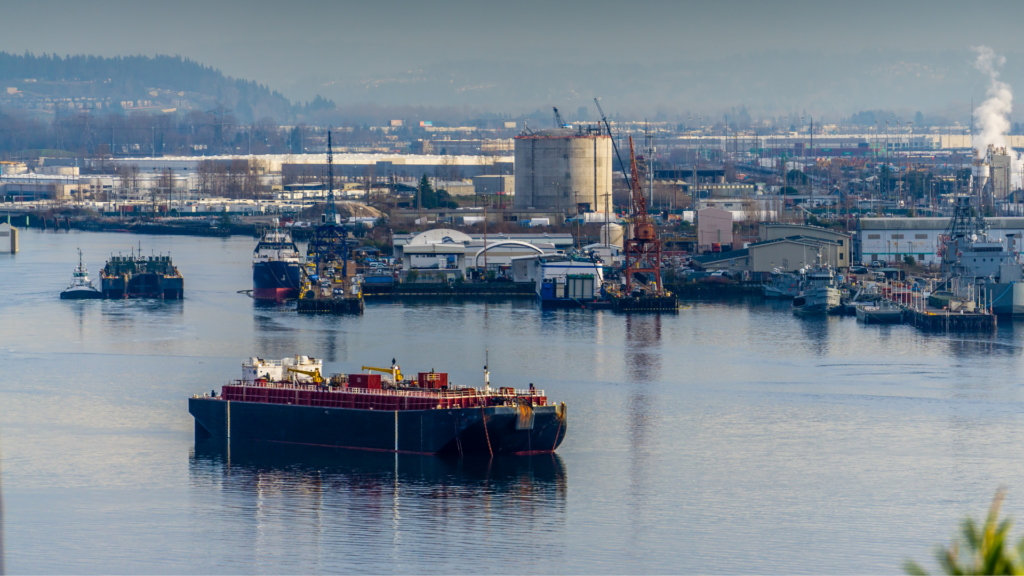Red Sea Results, Inland Port Potential, and AI Applications.
Your weekly All-Ways round-up of Supply Chain news.
The Impact of the Red Sea Attacks
The mass diversions around the Cape of Good Hope as a result of attacks on container shippers passing through the Suez Canal were unprecedented in the history of container shipping.
The attacks led to disruptions in the form of lowered capacity, longer transits, and a sharp increase in spot rates, which prompted fears of a global crisis.
Luckily, that doesn’t seem to be the case – overcapacity continues to define the industry, while the Red Sea attacks will prove to be little more than a temporary distraction. According to Maersk CEO Vincent Clerc, the disruptions brought on by the attacks pale in comparison to those of the Covid-19 crisis.
The question now is whether or not transit through the Suez Canal will resume and what will happen if they do? The Six Day War of 1967 resulted in an eight-year closure of the route, which had a monumental impact on trade. As shippers are unwilling to send ships along the route to test for safety, it seems that only time and a geopolitical resolution will tell.
Growing Potential in the Pacific Northwest
The Northwest Seaport Alliance of Seattle and Tacoma saw expanded potential of containerized commodity exports and reduced costs of inland transportation last week, thanks to a new short-haul rail project.
According to CEO and founder of Tri-Cities Intermodal Theodore Prince, the switch to short-haul rail from trucks saved its first customer, Ag West International, roughly $200 per container.
The project is being developed in phases, with further expansion planned in coming months. Initially, the Tri-Cities Intermodal Center will support 75,000 lifts on an annual basis, with potential for expansion and opportunities for imports in addition to the current agricultural exports.
The completion of the project will contribute to the growing importance of the Pacific Northwest and the elimination of thousands of trucks from the highway per year.
AI – Not As Simple As It Seems
The introduction of AI has been heralded time and time again as a revolutionary tool for automation and workflow efficiency, but when it comes to logistics, the reality is much different – for now.
While AI can be a powerful tool in some instances, it must be one of many in order to create and maintain successful operations. At the moment, many companies are trying to use AI in applications that are too general.
In the shipping industry specifically, it has the ability to generate solutions in simple, straightforward cases, but lacks the training necessary to take on more complex problems due to a lack of available information.
Most effective AI solutions available to shippers rely on many AI applications working together to create real value.
For example, LOG-NET offers an AI product that enables users to manage several connected processes such as purchase order generation, production management, and carrier booking, but only through a complex web of AI applications.
However, the lack of functionality in AI is temporary. According to Alan Holland, CEO of Keelvar, the difference between standard systems and intelligent systems (e.g. those informed by AI) is that the latter improves with every use because of its learning capabilities, while the former remains the same, day in and day out.




